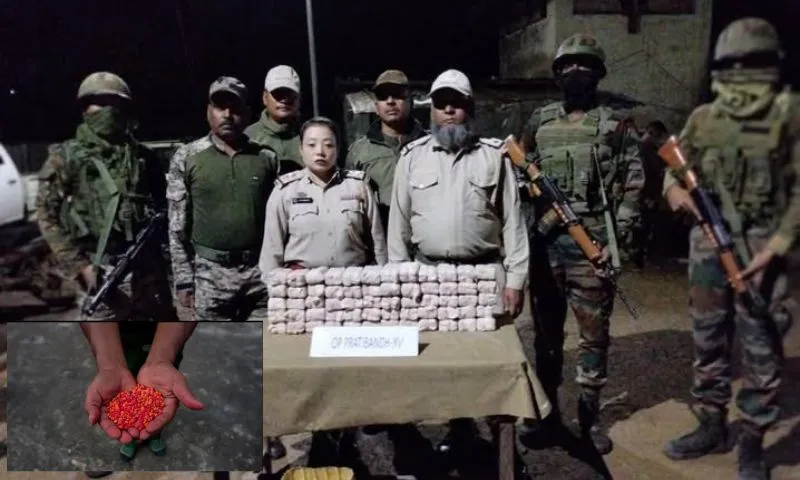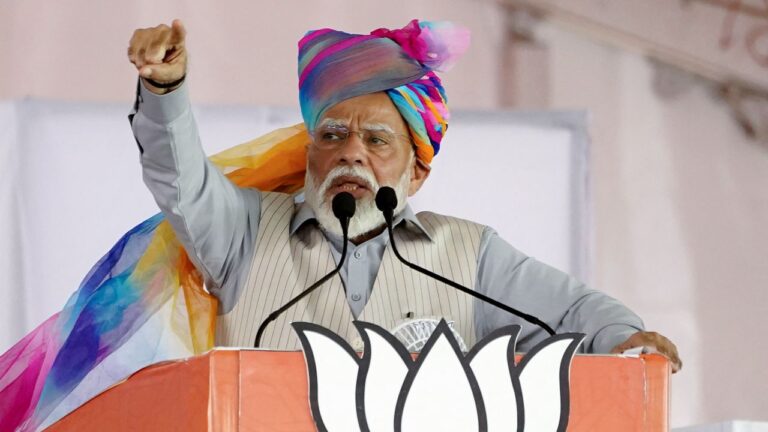Security Forces Seize 1.2 Lakh “WY” Tablets Worth ₹30 Crore in Manipur
Security forces in Manipur seized 1.2 lakh WY tablets — suspected methamphetamine — with an estimated street value of about ₹30 crore in an operation linked to cross-border smuggling from Myanmar. The haul, intercepted during intelligence-led checks, forms part of a wave of large drug busts in the Northeast over recent weeks, underscoring growing trafficking routes along the India–Myanmar frontier. Authorities recovered consignments, vehicles and electronic evidence while investigations continue to trace the supply chain and arrests.
According to reporting on the operation, security forces in Manipur recovered around 1.2 lakh WY tablets — a class of tablets commonly associated with methamphetamine — during an intelligence-driven operation. Authorities said the drugs were smuggled from Myanmar into India and intended for distribution locally and beyond. As part of the seizure, vehicles used to transport the consignment and mobile phones/evidence were reportedly recovered, and investigations are underway to identify handlers and the larger network behind the trafficking.
FAQs
Q1: What exactly are WY tablets and how dangerous are they?
WY tablets are a colloquial label often used in regional reporting for methamphetamine tablets (a powerful synthetic stimulant). They’re highly addictive and linked to severe mental-health and social harms. Hospital admissions for psychosis, violent incidents, and overdoses can increase in areas where these drugs spread.
Q2: Where did these tablets come from?
Authorities reported the consignment was smuggled from Myanmar — a pattern consistent with other trafficking consignments originating or transiting through that country and its surrounding regions. Cross-border routes in the Northeast are a known trafficking corridor.
Q3: Who enforces drug laws in such cases and what penalties apply?
Enforcement is typically led by state police and paramilitary units, with support from central agencies as needed. Prosecutions are filed under the NDPS Act, which carries strict penalties including long jail terms and heavy fines for trafficking large quantities. Successful prosecution requires solid forensic and documentary evidence.
Q4: Do seizures like this reduce local drug problems?
Seizures disrupt supply and can temporarily reduce availability, but long-term reduction requires demand-side measures (treatment, education and community support) and repeated, coordinated enforcement to break distribution networks. One big seizure alone rarely solves the underlying problem.
Q5: How can local communities help prevent trafficking and addiction?
Communities can help by: supporting youth education and alternative livelihoods, advocating for local addiction services, reporting suspicious activity to authorities, and participating in prevention campaigns in schools and neighbourhoods. Collective civic energy is essential to complement law enforcement.




